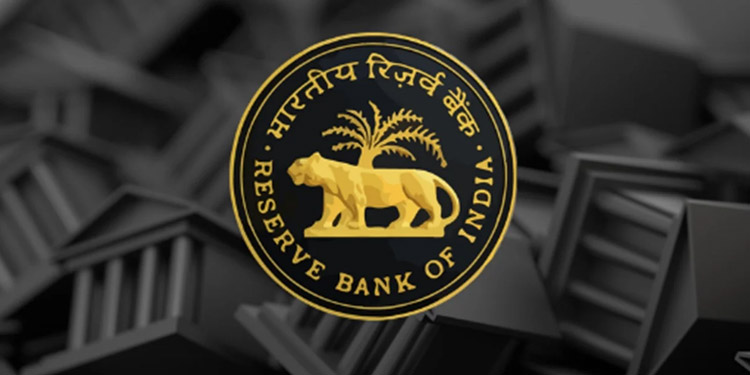

In a recent development, the Reserve Bank of India unveiled comprehensive directives on the criteria banks should adhere to when categorizing accounts and deposits as inactive and unclaimed, respectively.
These guidelines encompass a periodic assessment of such accounts and deposits, strategies to thwart fraudulent activities related to them, a mechanism for efficiently resolving grievances, and actions to locate customers of inactive accounts, including nominees or legal heirs, for the purpose of account reactivation, claims settlement, or closure.
This initiative follows the RBI’s launch of the “100 Days 100 Pays” campaign in June last year, where banks are mandated to locate and settle the top 100 unclaimed deposits in each district. The original deadline for this scheme, initially set to conclude on 8 September, has now been extended until 1 April 2024.
According to the newly outlined guidelines, the RBI stipulates that banks must conduct an annual review for accounts with no customer-initiated transactions for more than a year. The directive further emphasizes that in cases where there is no explicit instruction to renew a term deposit, banks should scrutinize such accounts if customers have not withdrawn proceeds post-maturity or transferred them to their savings or current accounts to prevent these deposits from becoming unclaimed.
Additionally, the RBI mandates that zero balance accounts should not be labeled as ‘inactive’ if they remain non-operational for more than two years. The central and state governments have raised concerns about the challenge of crediting cheques, Direct Benefit Transfer, Electronic Benefit Transfer, or scholarship amounts to these accounts, classified as inactive due to non-operation for two years.
Under the new norms, banks are obligated to subject reactivated amounts in inactive accounts or unclaimed deposits to concurrent audits. Transactions in these reactivated accounts will be vigilantly monitored for a minimum of six months at elevated levels, without the knowledge of customers and staff.
Furthermore, savings or current account balances untouched for a decade, and term deposits unclaimed for a decade post-maturity, are designated by banks as unclaimed deposits. These funds are subsequently transferred to the Depositor Education and Awareness (DEA) fund overseen by the RBI.